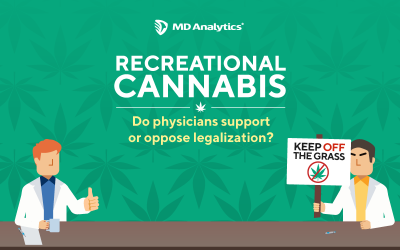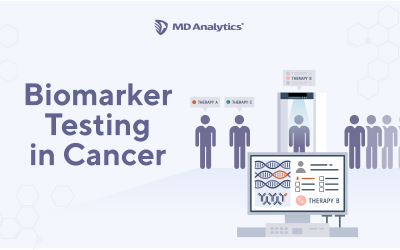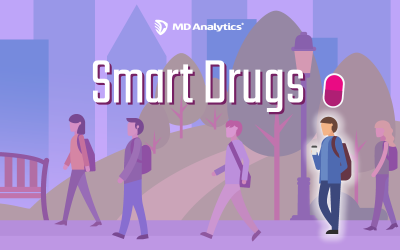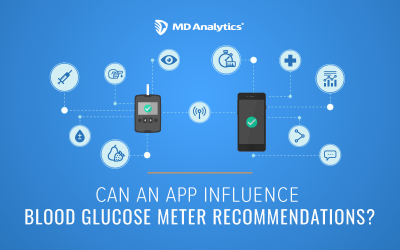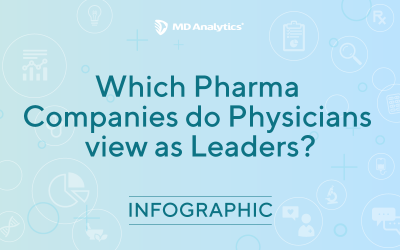The Canadian Senate recently passed Bill C-46 which will allow for the legal use of recreational cannabis across Canada by Fall 2018. While some physicians anticipate this new legislation will impact their practices with patients electing to try recreational cannabis instead of more traditional prescription medications or medical cannabis, others anticipate increases in patient visits related to dependence and psychotic symptoms.
Survey Data
MD Analytics conducts surveys with our healthcare professionals panel on topical issues that you may find interesting. We post our results publicly on our website and share them with our panel members in newsletters. Our survey data is visually displayed in an accompanying infographic that you may share with attribution.
Optimizing CHE Delivery for Younger Physicians
Traditional in-person continuing health education (CHE) programs remain the most attended format for Canadian physicians practitioners, however preferred sources of CHE vary widely by generation. As educational activities are an important channel to communicate important scientific data about new treatment options, program success will benefit from a tailored approach to CHE delivery.
Oncologists’ Usage of Biomarker Testing is Growing, but Opportunities for Increased Use Remain
Biomarkers are molecules found in bodily fluids or tissues (including the tumor tissue). They provide valuable information about the cancer cells and non-cancer cells when analyzing which biomarkers are produced in response to the cancer. By developing a biomarker profile of a patient’s cancer, doctors can recommend the best suited treatment plan for their patient.
The Role of Alternative Medicine Treatment Options
With the emergence of Complementary and Alternative Medicine (CAM), prescription options alone are no longer the norm as it pertains to treating a number of medical conditions. Research among 170 Canadian physicians shows that CAM therapies are not only common practice for many already, but are expected to become even more widely accepted as viable treatment options within the conventional medical community.
Smart Drugs – Attitudes and public health implications
Smart Drugs (or nootropics) are substances used to enhance cognitive functions. Exact usage numbers are difficult to ascertain, but a recent study conducted among UBC students found that 1 in 30 students admitted using ADHD medication they were not prescribed, for their cognitive effects. The use of Smart Drugs appears to be gaining momentum in Canada, especially among students and young professionals in high pressure situations, thereby having the potential to turn into a public health issue.
Impact of Diabetes Apps on Blood Glucose Meter Recommendations
Modern Blood Glucose Meter (BGM) devices can often pair with a companion app on a smartphone, which allows patients to easily record and monitor their blood glucose levels over time. This gives the patient, and potentially their doctor, easy to access historical data, insightful charts, and other information that can aid in diabetes management. Research was conducted by MD Analytics to assess whether Canadian GPs are accepting this technology, and if it plays a role in their recommendation of one BGM over another.
Which Pharmaceutical Companies are Seen as Leaders?
Corporate reputation plays an important role in enabling companies to further differentiate their products in highly competitive markets. As a result our team sought to better understand how pharmaceutical manufacturers are currently perceived. After surveying Canadian GPs, we noticed several trends.
